Metropolis in Sichuan to further expand scale of related industry to 100 bln yuan by 2030
An intelligent manufacturing base for commercial satellite components started operations recently in Chengdu, Sichuan province, with an annual capacity to serve over 1,000 commercial satellites once fully operational.
The project, located in the Chengdu Future Science and Technology City, is developed by Aotian Technology, a Beijing-based company focusing on the research and development of high-quality, fully autonomous electric propulsion systems for commercial satellites.
Its products, designed to meet the propulsion demands and orbit maintenance requirements of microsatellite platforms below 1,000 kilograms, have been applied to more than 200 satellites, the company said.
Liu Neng, executive deputy general manager of Aotian Technology (Chengdu) Co Ltd, said the project, which mainly produces core components of commercial satellites' electric propulsion systems, is scheduled to be fully operational before 2028.
Liu said Aotian Technology has established China's first intelligent manufacturing production line for commercial electric propulsion systems in Beijing. The facility was put into operation in 2022, with an annual capacity of 1,500 systems.
"Chengdu will serve as a general assembly base for our company's new type of electric propulsion system that adopts a different technological approach from the Beijing base," he said.
The company has also co-established an intelligent electric propulsion joint laboratory with the University of Electronic Science and Technology of China in the western zone of Chengdu Hi-tech Industrial Development Zone to develop a series of key technologies that support China's satellite internet construction and space orbit services, he said.
As Chengdu actively advances its satellite internet and satellite application industries in recent years, an increasing number of companies involved in these industries are establishing a presence in the city.
Last month, Xinghan Hangyu Technology Co signed an agreement with the administrative committee of Chengdu Economic and Technological Development Zone, to build a reusable liquid-fueled carrier rocket headquarters project in the zone.
Duan Tao, deputy general manager of Xinghan Hangyu, said the project, with a total investment of 4 billion yuan ($550.8 million), will focus on designing and manufacturing liquid-fueled rocket engines, as well as small, medium, and heavy-lift commercial carrier rockets.
Duan said his company has completed the R&D of a rocket engine product, with plans for mass production in 2026 and an annual production capacity of over 200 rocket engines by 2027.
"Chengdu's aerospace industry boasts a complete industrial chain, and the intelligent manufacturing process of our rockets and engines is supported by a comprehensive supply network," he said.
Zhai Shaojian, deputy general manager of Chengdu Zhongkewei Information Technology Research Institute Co Ltd — a tech firm specializing in developing ground terminals for low-orbit broadband satellites — said Chengdu is home to many universities and research institutes, providing a deep talent pool for the commercial aerospace industry.
"In addition, the city is particularly open and vibrant, with a strong commitment to supporting emerging industries such as commercial aerospace and satellite internet," Zhai said.
Zhai added that his company is currently testing and optimizing its existing products while also developing new ones to meet the needs of various application scenarios, including automobiles, drones and civil vessels.
Statistics from Chengdu's economy and information technology bureau show that the scale of the city's satellite internet and satellite application businesses exceeded 17.3 billion yuan last year, up 53.2 percent year-on-year.
According to the city's development plan, it aims to build a satellite internet and satellite application cluster with a scale of 100 billion yuan by 2030.












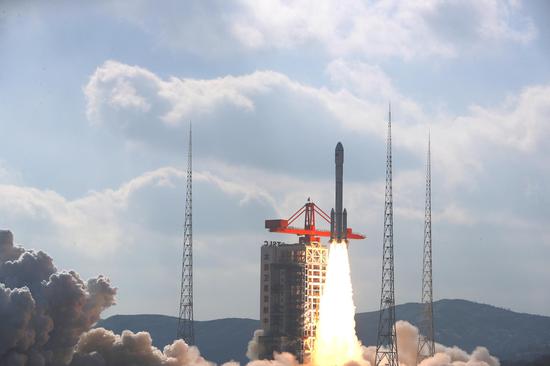



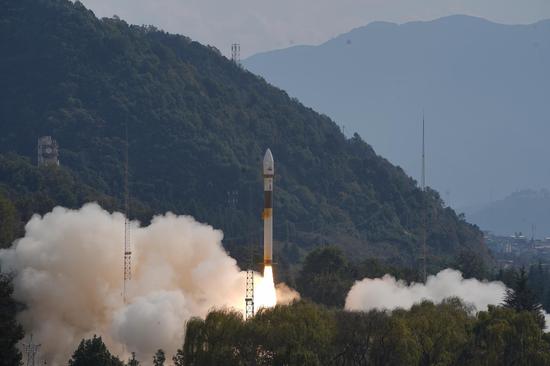
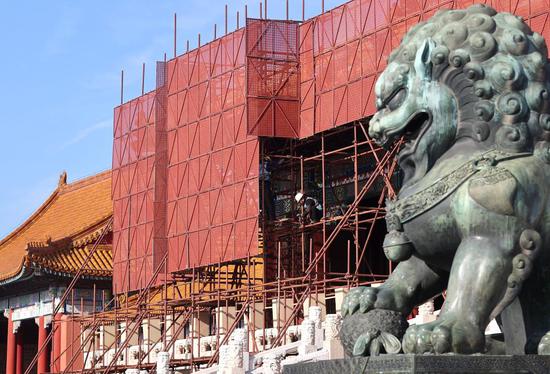



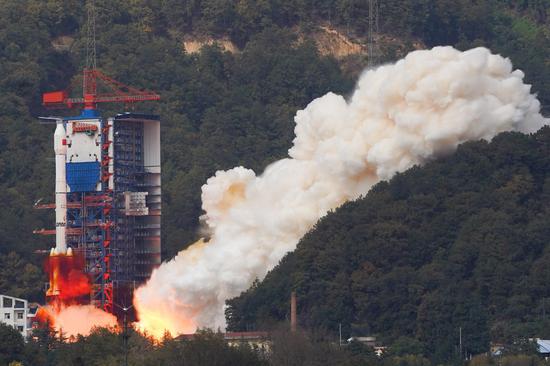
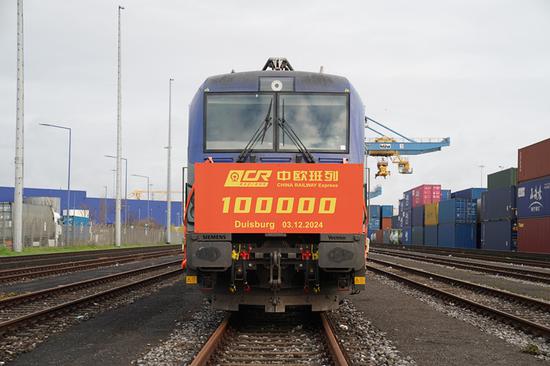
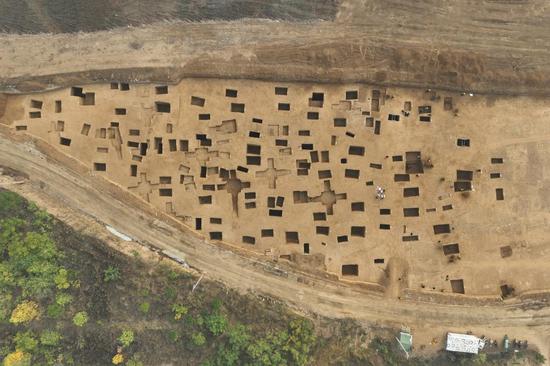
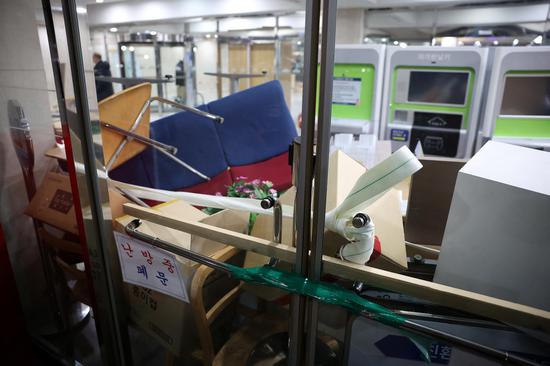








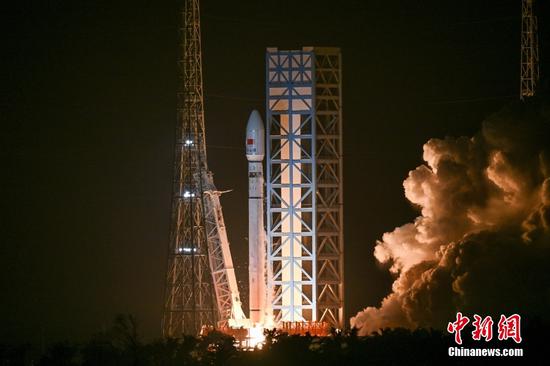






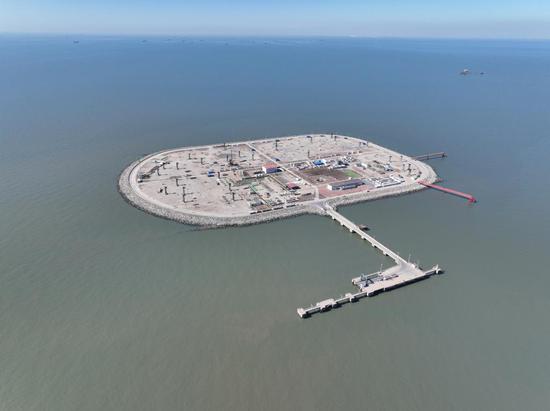

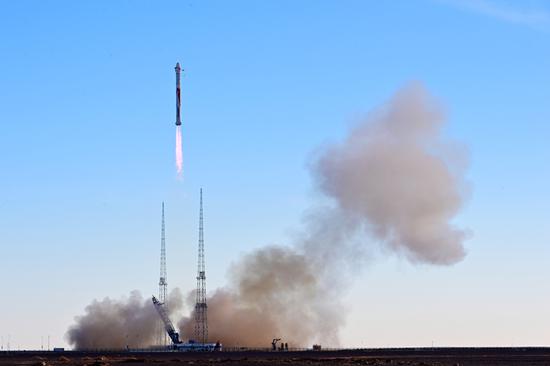
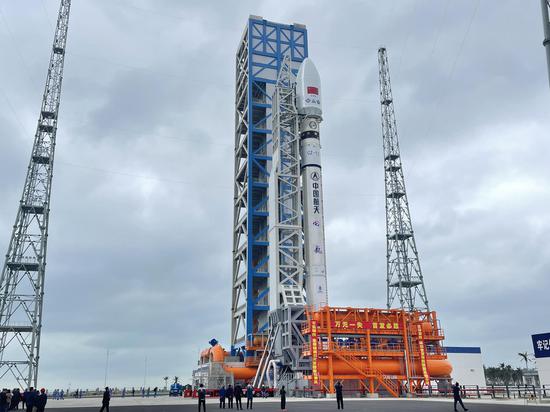
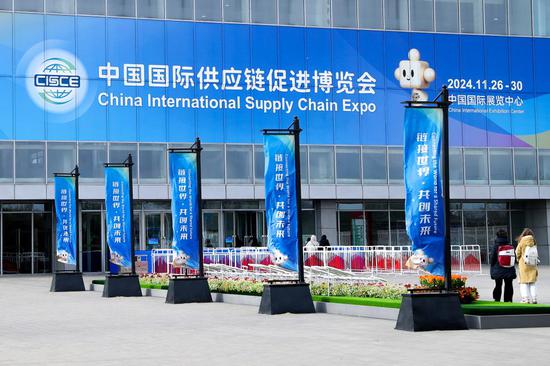





 京公网安备 11010202009201号
京公网安备 11010202009201号